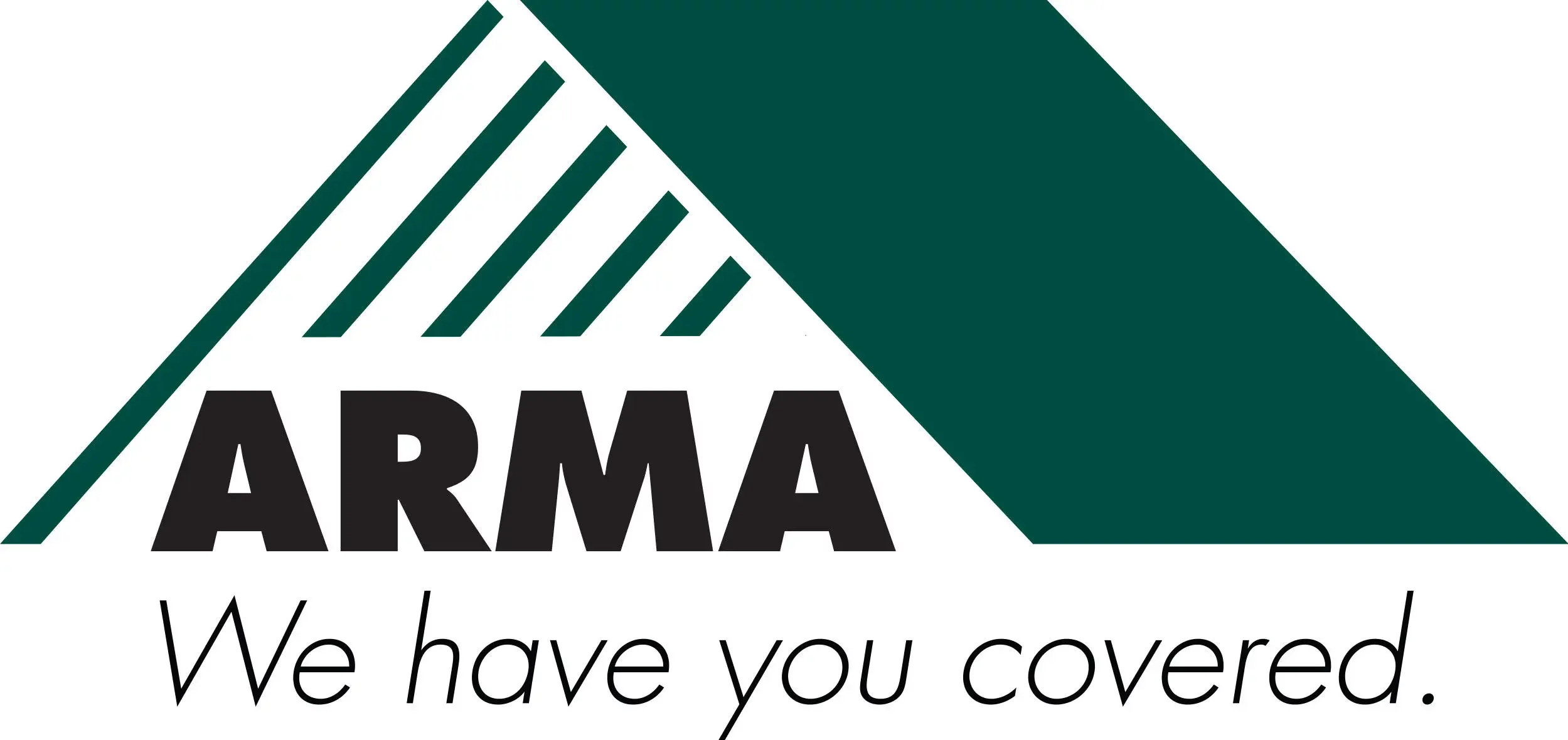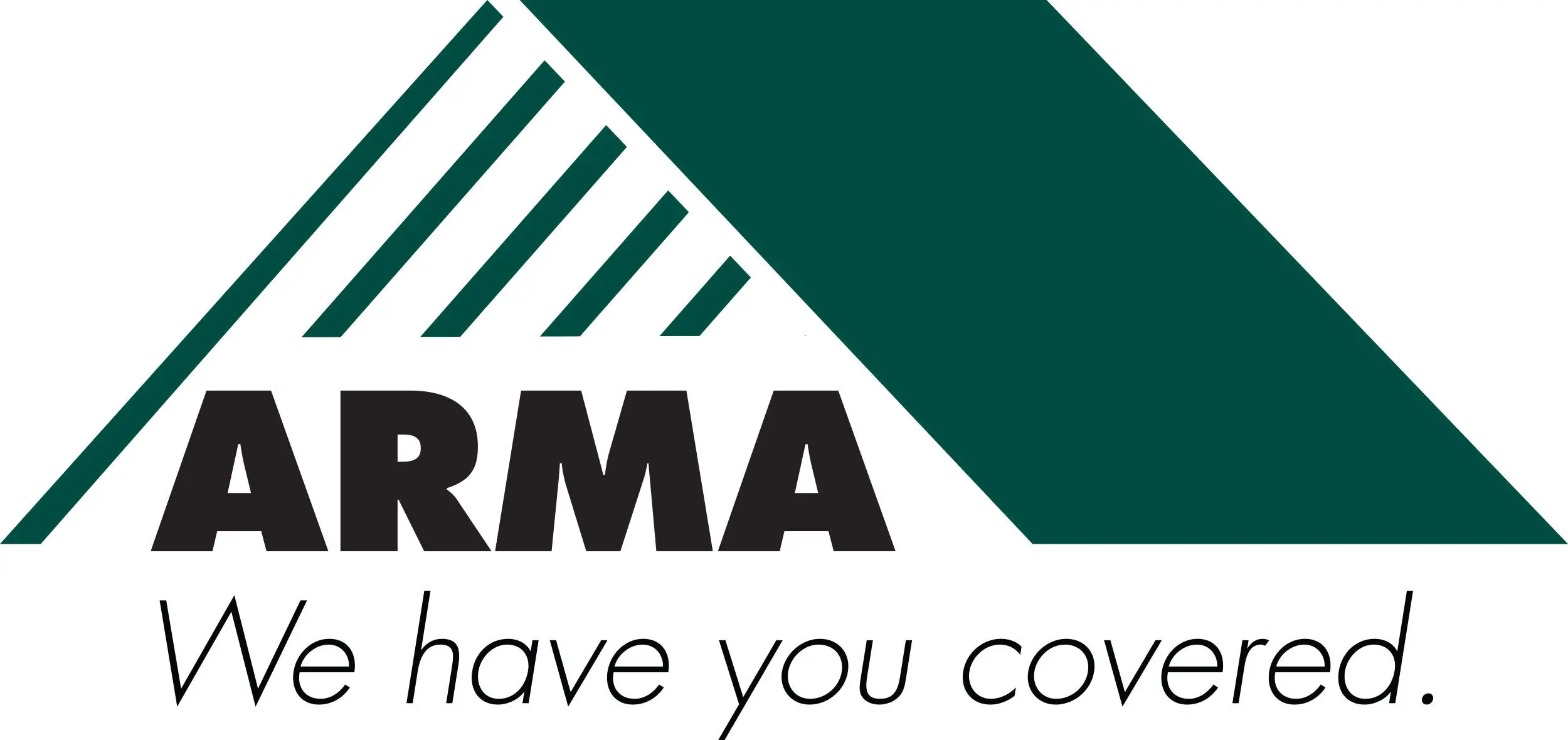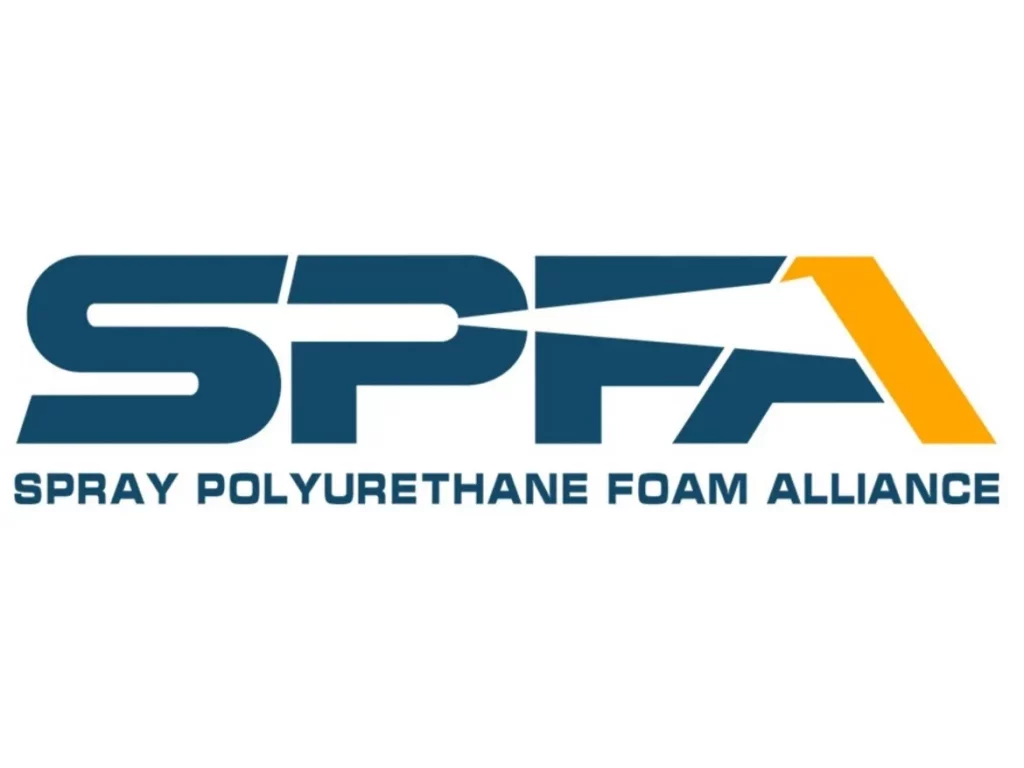Kansas gets real hot and super cold. Like, there’s these crazy temps that make it hard to keep buildings comfy. People who own stuff here got problems keeping their energy bills down. But there’s this thing called closed-cell spray foam insulation what works amazing for this.
This article gonna tell you why it’s so good, how it stacks up against other stuff, and where you can use it – whether you got a house, business, or farm building.
Understanding Closed-Cell Spray Foam Insulation
What Is Closed-Cell Spray Foam Insulation?
So this foam stuff, it’s made from something called polyurethane. When they spray it, it gets bigger and goes hard. The whole thing turns into this super thick barrier that keeps heat where it should be. You won’t believe how good it works against air and water getting in. Most insulation gets worse over time, but this foam just keeps doing its job forever.
The stuff is tough as nails too. Once it hardens up, it makes your walls stronger and everything. Water can’t get through it, and mold hates it – which is pretty sweet for Kansas where we got weather that’s all over the place.
Benefits of Closed-Cell Spray Foam for Kansas Properties
Energy Efficiency and Moisture Control
Looking at your energy bills in Kansas can be scary. This foam changes everything though. It seals up your place so tight that your heating and cooling systems don’t have to work nearly as hard. Makes a huge difference when you’re trying to keep comfortable without breaking the bank.
The weather here does whatever it wants – sometimes it’s super humid, other times we get these massive rainstorms. But this foam doesn’t care about any of that. It keeps the water out and stops mold from growing, which is exactly what you need when you’re dealing with Kansas weather.
Comfort, Structural Integrity, and Longevity
Ever notice how some parts of your house feel like an icebox while others are too hot? This foam fixes that right up. Plus, it actually makes your whole building stronger, which comes in real handy during storm season.
Sure, you might spend more at first than you would with regular insulation. But check this out – your bills drop way down, you never need to fix it, and it pretty much lasts forever. That’s what smart money looks like.
Comparing Insulation Options
Open-Cell vs. Closed-Cell Spray Foam
Let’s talk about different kinds of foam insulation for a minute. Open-cell foam costs less and it’s pretty good at keeping things quiet. But it’s not as tough as closed-cell foam, especially when it comes to keeping water out. That’s kind of important here in Kansas, where the weather can get pretty wild.
Closed-cell foam just works better for what we need. It’s stronger, keeps the temperature right where you want it, and handles moisture like a champ. When you’re picking between the two, think about what Kansas weather throws at us – that usually makes the choice pretty clear.
Fiberglass and Cellulose Insulation
Yeah, fiberglass is cheaper, but it’s got problems. Air sneaks right through it, and it doesn’t handle moisture well at all. After a while, it starts falling apart and needs replacing. Cellulose sounds good because it’s eco-friendly, but it can get moldy and settle down over time, which means it stops working as well as it should. Closed-cell spray foam just keeps doing its thing year after year, no matter what.
Applications of Closed-Cell Spray Foam Insulation
Residential and New Construction Insulation
If you got a house in Kansas, this foam can make a real difference. Put it in your attic, and suddenly your AC isn’t working overtime anymore. Spray it in your walls, and those drafts disappear like magic. Even your basement stays dry and comfy. Works great whether you’re building new or fixing up an old place.
When you’re building from scratch, starting with this foam is super smart. You’re setting yourself up for years of lower bills and a more comfortable home. Plus, your house will be worth more if you ever decide to sell.
Commercial and Agricultural Applications
Businesses around here are catching on too. Offices stay comfortable without costing a fortune to heat and cool. Warehouses keep their stuff safe from temperature changes and moisture. It’s just good business sense.
Farmers love this stuff too. It keeps their barns at the right temperature for their animals and protects their grain from getting ruined by moisture. That’s why you see it being used all over Kansas agriculture these days.
Metal Buildings and Roof Restoration
Metal buildings are everywhere in Kansas, and this foam works perfect with them. Stops that annoying condensation problem cold. Makes the whole building last longer too. And if your roof’s getting old, this foam can give it new life – seals up leaks and makes everything work better. Saves you from having to replace the whole thing.
Why Choose Arma Coatings of Wichita
These folks know what they’re doing – been at it for over 25 years now. They understand what Kansas buildings need and how to make them work better. Whether you need your house insulated or your roof fixed up, they got the skills to do it right.
They only use the good stuff too – none of that cheap foam that falls apart after a few years. That’s probably why so many people around Kansas trust them with their buildings. When you work with Arma Coatings of Wichita, you’re getting people who know exactly what they’re doing.
How to Get Started
Ready to make your place better? Get in touch with Arma Coatings of Wichita. Call (316) 779-2430, check out www.armacoatingswichita.com, or shoot an email to sales@armacoatingswichita.com. They’ll help you figure out exactly what you need.
Frequently Asked Questions
How long does closed-cell spray foam insulation last?
It keeps working for decades if it’s put in right.
Is closed-cell spray foam environmentally friendly?
Sure is – helps you use less energy and that’s good for the planet.
Can closed-cell foam be applied to existing buildings?
You bet – works great on old buildings and new ones too.
How does closed-cell foam improve structural strength?
When it hardens up, it makes your walls and roof stronger than they were before.





